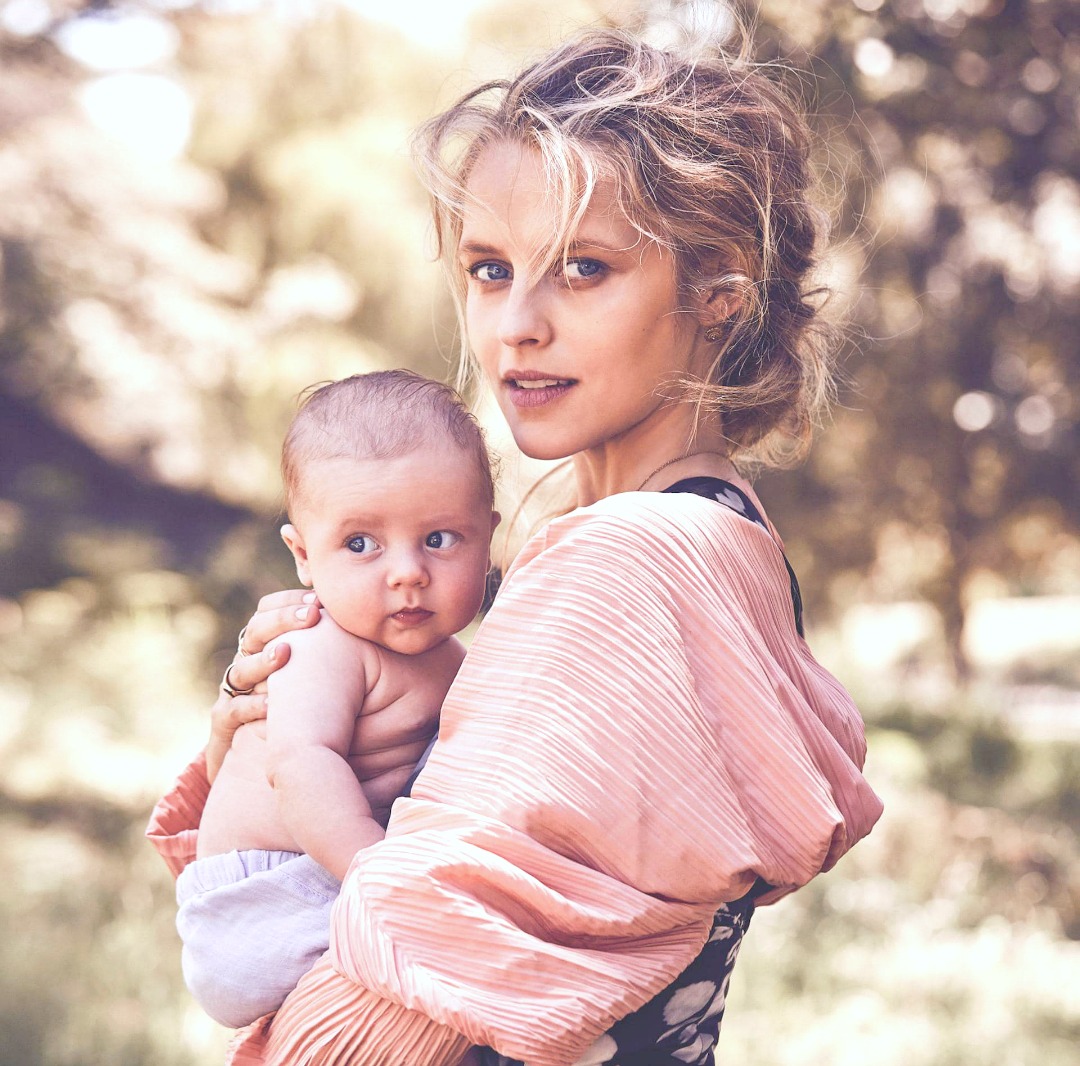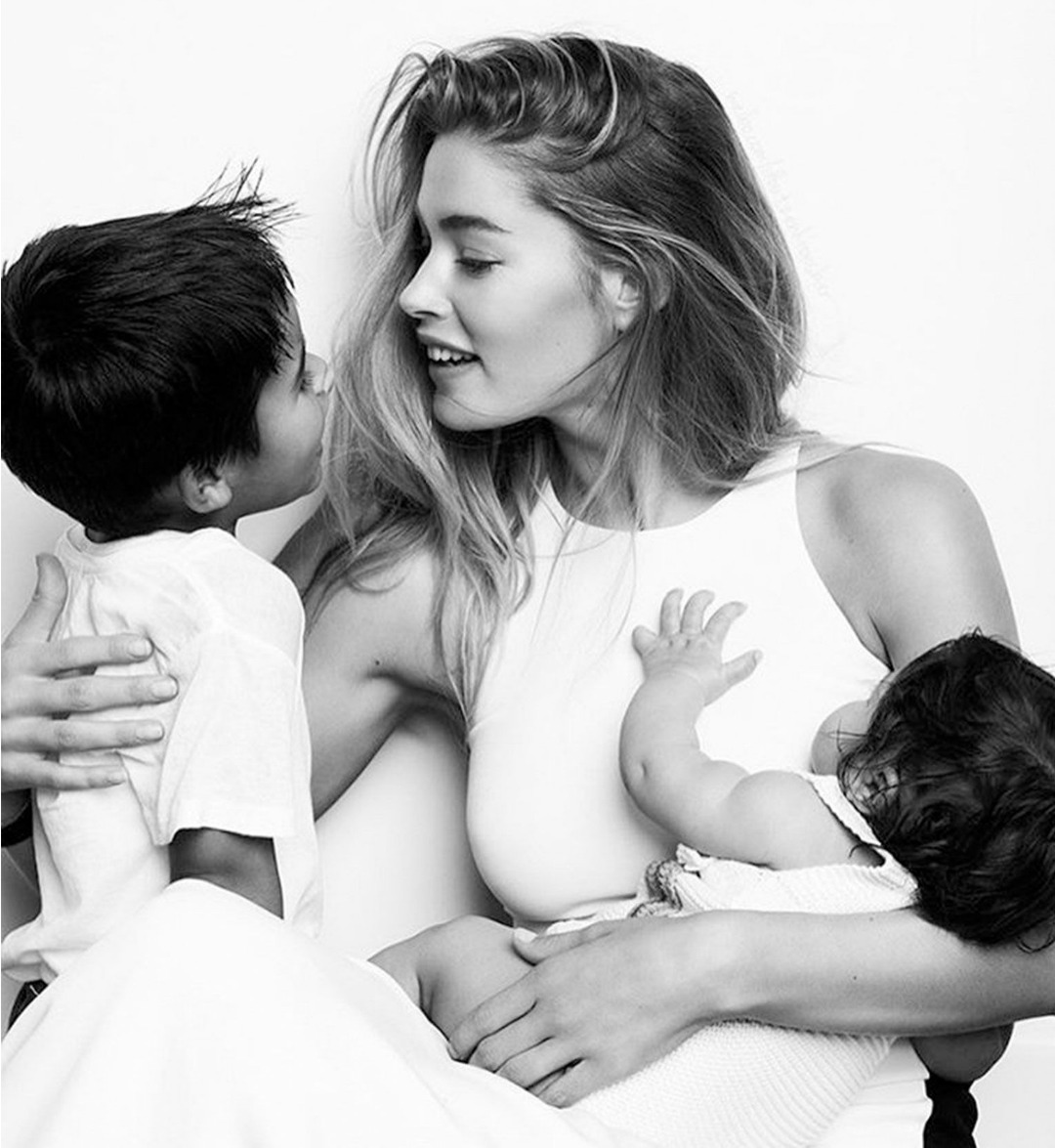With our increasingly busy lives and never ending bucket lists, more women than ever before are thinking about freezing their eggs to create the opportunity for the biggest “To-Do” of them all: Motherhood.
However, according to recent studies conducted by anthropologists from Yale and the University of Haifa, women are choosing to undergo treatments to freeze their eggs for a wide variety of reasons.
Surprisingly, the reasons go beyond the simple wish to postpone starting their families.
While much has been written in medical publications suggesting most women freeze their eggs in order to pursue educational or career goals, recent studies have uncovered several other factors which rank with the same level of importance.
If the idea of freezing your eggs has occurred to you, keep reading for the findings, and see if you can relate.

So why are women freezing their eggs?
Over the course of interviews with 150 women who recently chose to freeze their eggs, many offered interesting social explanations for their decision alongside the more predictable medical reasons. The following were the most common answers provided by women who chose to freeze their eggs:
#1 – Lack of a Viable Partner
This was cited considerably more often than the others. Women stated they’d yet to enter into a secure, stable relationship with a man who had similar life goals and shared their desire to procreate and start a family.
#2 – Health Concerns
Some women have medical reasons to delay having children, including finding answers to puzzling medical conditions or needing to undergo treatment for serious illnesses, such as cancer, that necessitate such a delay.
#3 – Not Prepared for Motherhood
This can be a dilemma whether a woman is in a relationship or not and it’s considered a good reason to delay the process. Egg freezing comes into the picture when a woman realises there are time limits governing her period of maximum fertility.
#4 – A Woman is Single
Whether by choice or circumstance, being single is often cited as a reason for women wanting to freeze eggs so they can have children at a later date.
#5 – Job Duties Overseas
While this was only provided in a small number of cases, women who know they’re going to be overseas either temporarily or for a longer period of time may choose to freeze eggs for future use should they eventually decide to want a child.
#6 – Single Mothers
Women who’ve already had a child or children from a previous relationship use egg freezing if they aspire to continue growing their family in the future. If they’re not currently in a relationship, freezing their eggs enables them to take advantage of their current high rate of fertility for use at a future date.
There is flip side to this as well. Many single mothers are choosing to continue single motherhood by growing their families on their own therefore, this is a first step in pursuing that process.
#7 – In an Uncertain Relationship
Some women find themselves with a partner who simply doesn’t want to start a family or isn’t yet ready to have a child. This can be a good reason to freeze eggs for the future.
One interesting statistic on the subject states that since 2010 there’s been a 460% increase in the number of UK women looking to freeze their eggs for use in the future. In spite of this statistic, the occurrence of egg freezing only comprises 1.5 percent of fertility treatments currently undertaken in the UK.
#8 – Insurance Plans Sometimes Cover Procedure Costs
Some companies like Apple and Facebook have insurance plans that help cover the costs of egg freezing up to $20,000. Most women, however, find themselves needing to cover the cost on their own.
Some women need to undergo egg harvesting procedures more than once, and each time can cost approximately $10,000. Their eggs must then be carefully stored at an average cost of $500 per year. When the eggs are thawed, fertilized and transferred, there is another roughly $5,000 cost.
This process offers peace of mind to many women wanting to plan ahead for their future without the uncertainties fertility can present. Not every woman is the same meaning that while some may be highly fertile into their late thirties, others may show very low levels in their twenties.
Consulting with a specialist in reproductive systems can help a woman decide which category she most likely falls under, and in turn enable her to make the best decision for her unique situation.
MORE – Post-Baby Bodies: 4 Ways To Boost Confidence
MORE – How Women Can Cultivate True Body Confidence
Follow us on INSTAGRAM


No Comments